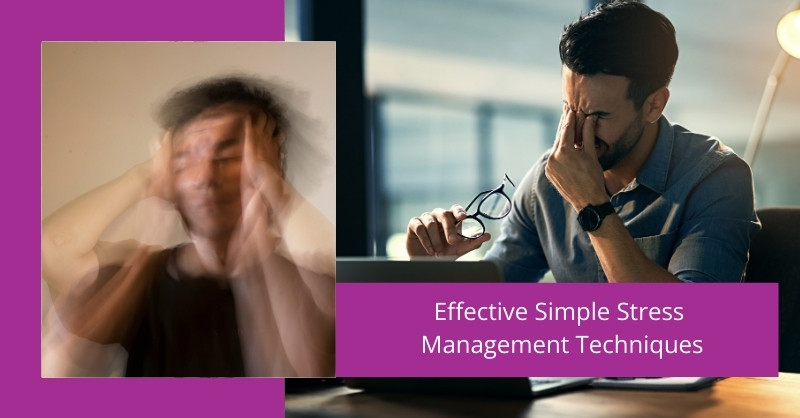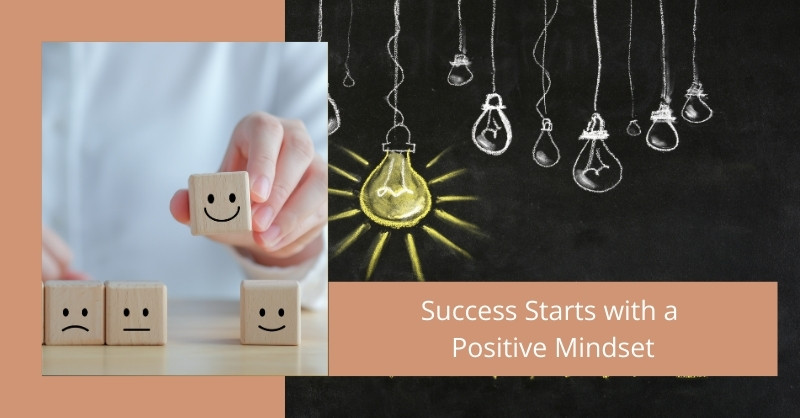Stress is an inevitable part of life, but learning simple stress management techniques can transform how we cope with daily challenges. From work deadlines to personal responsibilities, stress can creep into every aspect of our lives. However, adopting strategies to manage stress effectively ensures that we maintain our mental and physical well-being.
These methods involve practical, easy-to-implement steps, ranging from physical activities like yoga and deep breathing to emotional practices like meditation and building meaningful relationships. By committing to these techniques, you can reduce stress and lead a healthier, more balanced life.
Understanding the Impact of Stress
Stress affects every individual differently, but its impact on health and well-being is universally significant. Physically, stress can lead to conditions such as hypertension, digestive problems, and weakened immunity. Mentally, it can cause anxiety, depression, and cognitive difficulties like poor focus and memory loss. Recognizing the signs of stress early is the first step in combating its adverse effects.
Here are the primary ways stress manifests:
- Physical Symptoms: Rapid heartbeat, headaches, muscle tension, and fatigue.
- Emotional Symptoms: Increased irritability, mood swings, and feelings of helplessness.
- Behavioral Changes: Procrastination, withdrawal from social activities, and changes in appetite.
When left unchecked, stress can lead to long-term health problems. Chronic stress often disrupts sleep patterns, compromises immune responses, and can contribute to the onset of chronic diseases such as diabetes and cardiovascular issues.
Types of Stress
To effectively combat stress, it’s essential to understand its various forms:
| Type | Description |
|---|---|
| Acute Stress | Short-term stress caused by immediate challenges or perceived threats. It often subsides quickly once the issue is resolved. |
| Chronic Stress | Long-lasting stress resulting from ongoing issues like financial struggles or chronic illness. This type can severely impact health. |
| Episodic Acute Stress | Frequent episodes of acute stress due to an overwhelming schedule or high-pressure lifestyle. |
- Physical Symptoms (40%)
- Emotional Symptoms (30%)
- Behavioral Changes (30%)
Effective Simple Stress Management Techniques

Below are some proven simple stress management techniques that can be integrated into your daily routine to alleviate stress and improve overall well-being:
1. Deep Breathing Exercises – Easy Stress Reduction Methods
Deep breathing is one of the simplest ways to calm the body and mind. Techniques like diaphragmatic breathing can reduce the body’s stress response and lower cortisol levels. This method involves breathing deeply into the abdomen rather than shallowly into the chest. Practicing this for just five minutes a day can have a profound impact on your stress levels.
2. Yoga and Meditation – Stress Relief Tactics
Combining yoga and meditation provides both physical and mental benefits. Yoga poses like Child’s Pose, Downward Dog, and Savasana are particularly effective in releasing tension. Mindfulness meditation helps in focusing on the present moment, reducing anxiety, and enhancing clarity of thought. Regular practice not only helps in managing stress but also promotes overall emotional stability and mental clarity.
3. Physical Activity – Stress Relief Strategies
Engaging in regular physical activity, whether it’s jogging, swimming, or even brisk walking, releases endorphins that act as natural stress relievers. Exercise also improves sleep quality, which is essential for stress management. Start with 30 minutes of activity three to five times a week and gradually increase as it becomes a part of your routine.
4. Time Management – Stress Management Techniques
Prioritizing tasks and setting realistic goals can help reduce the feeling of being overwhelmed. Use tools like planners or digital apps to organize your day, ensuring you allocate time for relaxation and self-care. Breaking large tasks into smaller, manageable steps can make them less daunting and prevent unnecessary stress.
5. Building Support Systems – Stress Management Techniques
Strong social connections provide emotional support and a sense of belonging. Sharing your concerns with friends, family, or a support group can lighten the mental load. Joining community groups or engaging in group activities can also foster new relationships that act as stress buffers.
6. Sleep Hygiene
Adequate sleep is a cornerstone of stress management. Creating a consistent sleep schedule and avoiding screens before bedtime can enhance the quality of rest, allowing your body and mind to recover effectively. Consider establishing a calming bedtime routine, such as reading or listening to soothing music.
Benefits of Simple Stress Management Techniques

The advantages of practicing simple stress management techniques are vast, touching every aspect of your life:
- Improved emotional stability and reduced anxiety levels.
- Enhanced physical health, including better heart health and immune function.
- Increased productivity and focus in personal and professional settings.
- Strengthened relationships through better communication and emotional regulation.
These techniques also promote a sense of control over your life, helping you respond to challenges with confidence and calmness. The ripple effect of reduced stress impacts not just the individual but also their family, friends, and colleagues.
| Technique | Key Benefits |
|---|---|
| Deep Breathing | Reduces stress hormones, promotes relaxation, and improves oxygen flow. |
| Yoga | Improves flexibility, balances hormones, and calms the nervous system. |
| Meditation | Enhances mindfulness, reduces overthinking, and boosts mental clarity. |
Conclusion
Integrating simple stress management techniques into your routine can lead to transformative changes in your life. These methods not only alleviate immediate stress but also build long-term resilience. Remember, the journey to stress-free living starts with small, consistent steps. Begin today by choosing one technique that resonates with you and gradually expand your toolkit. Over time, you’ll notice significant improvements in your mental, emotional, and physical well-being.
Whether it’s through deep breathing, yoga, or time management, each step taken towards managing stress contributes to a healthier and more fulfilling life. Commit to making stress management a priority, and enjoy the profound benefits it brings to every aspect of your daily experience.



